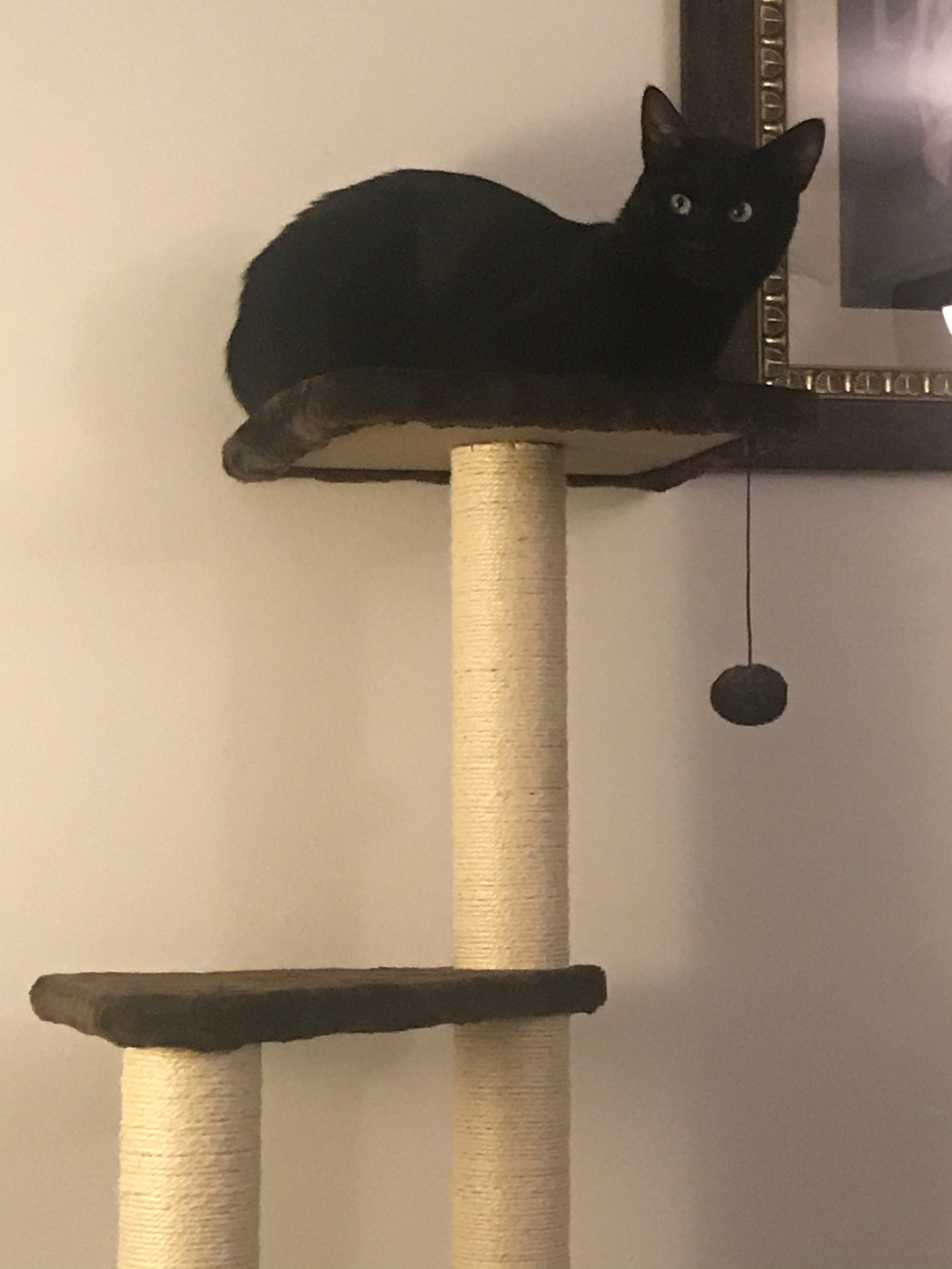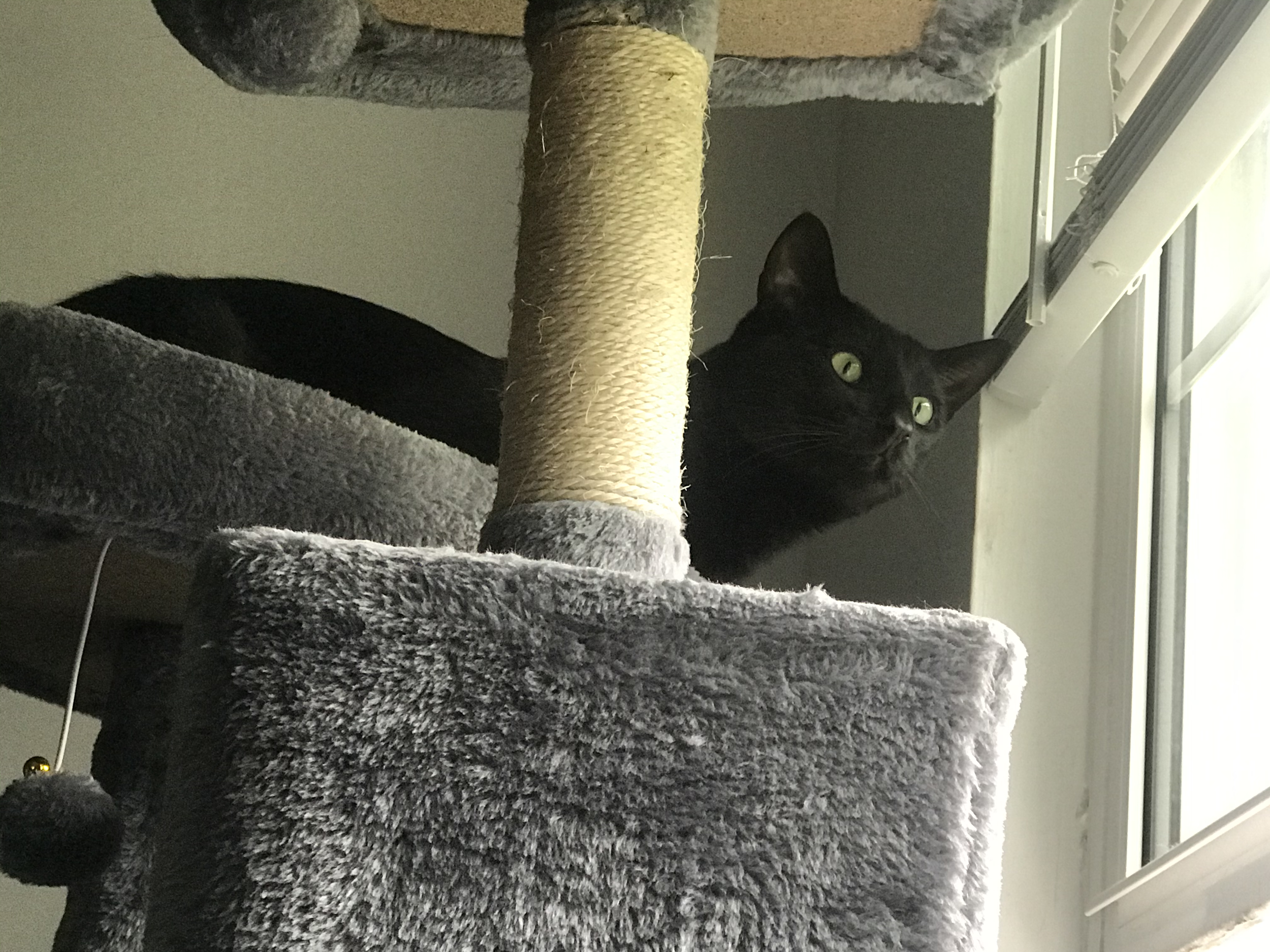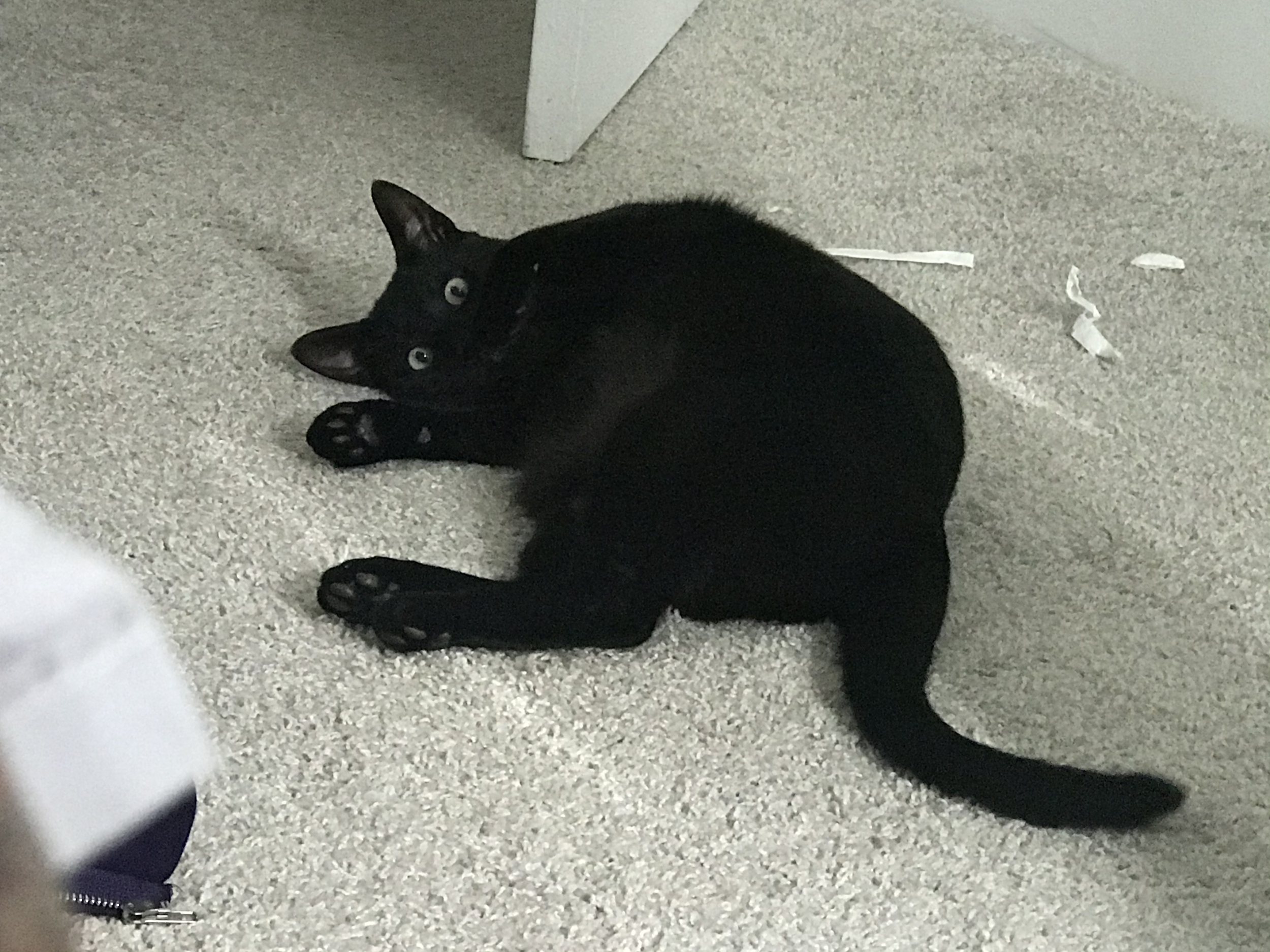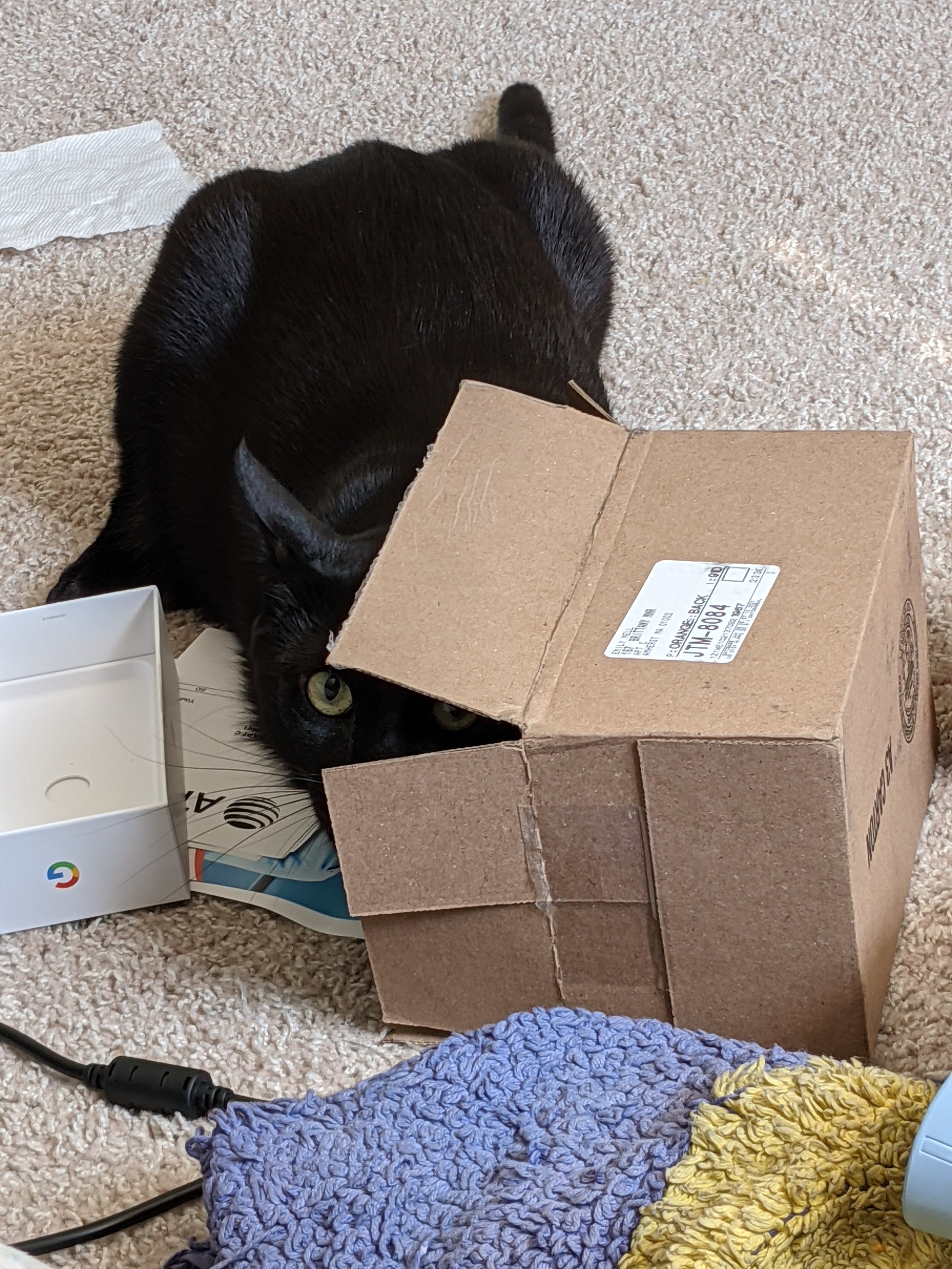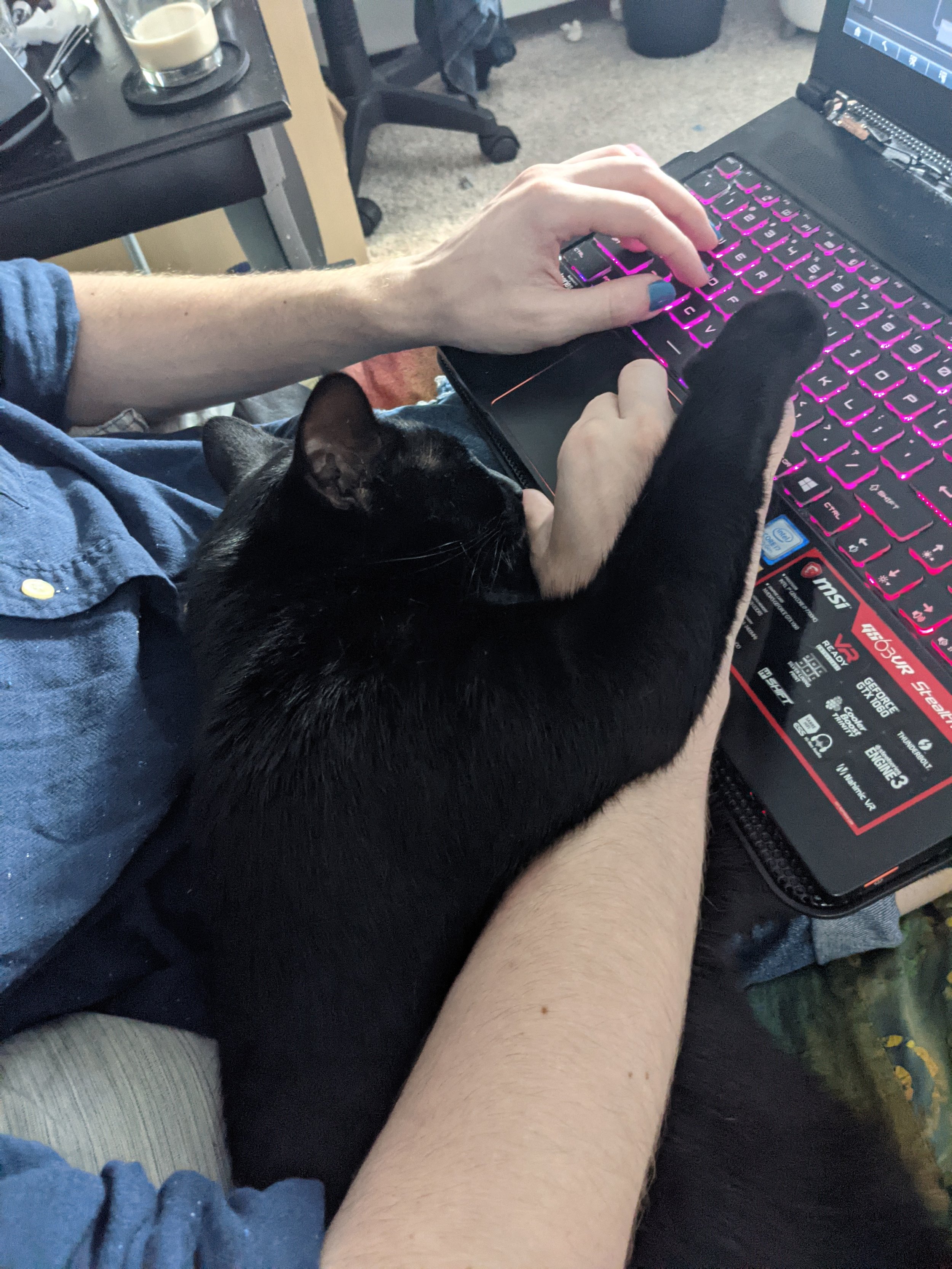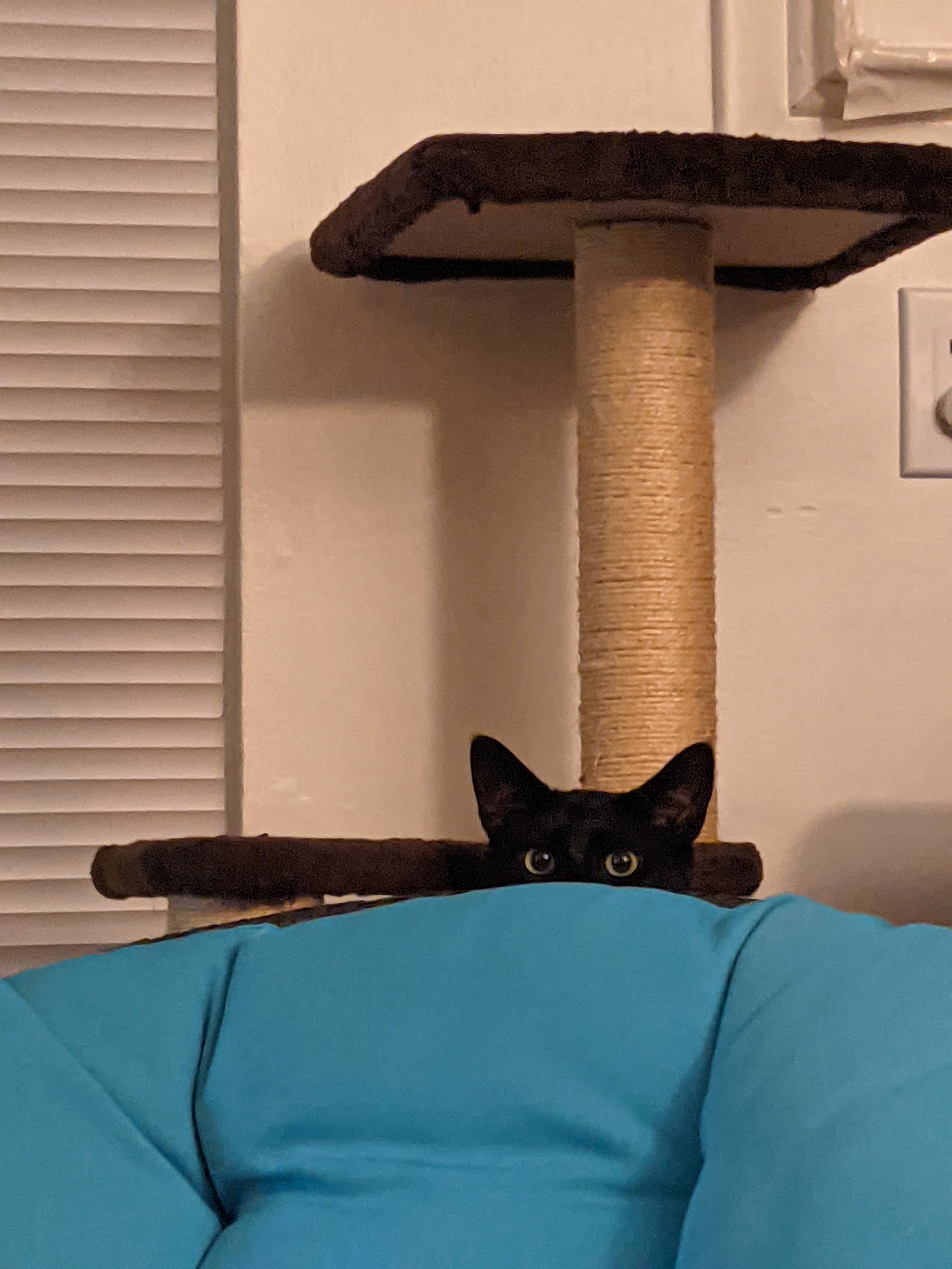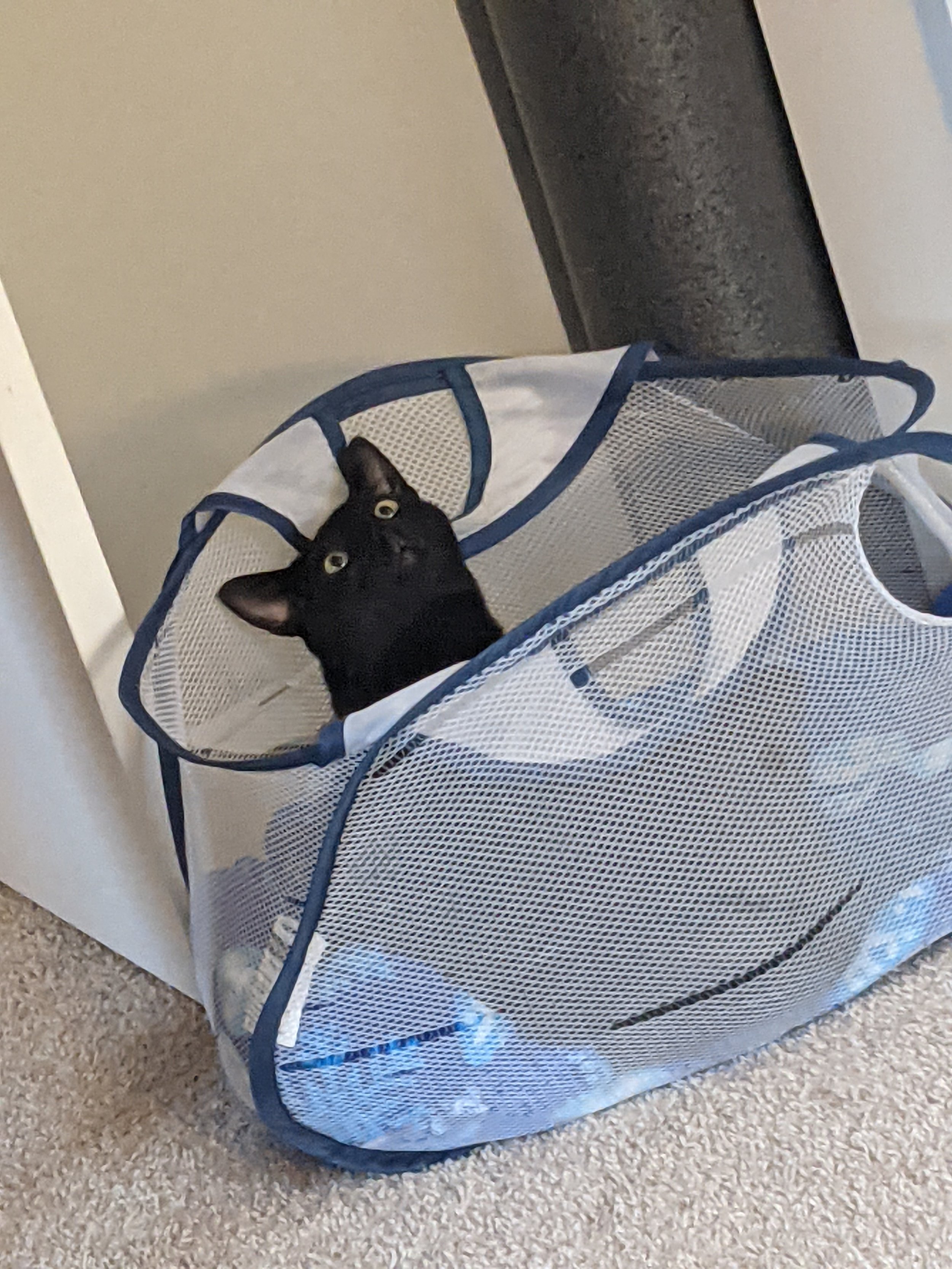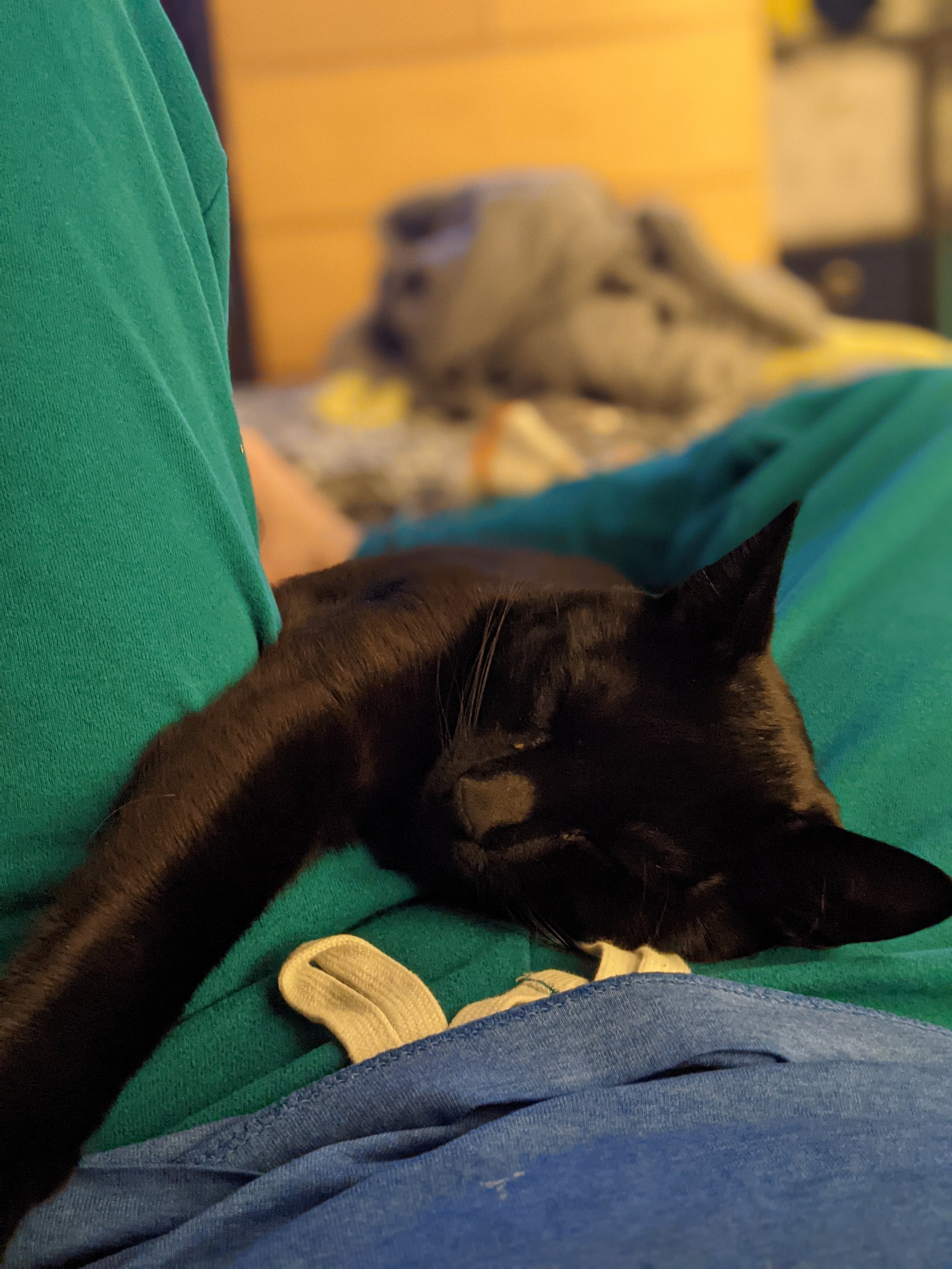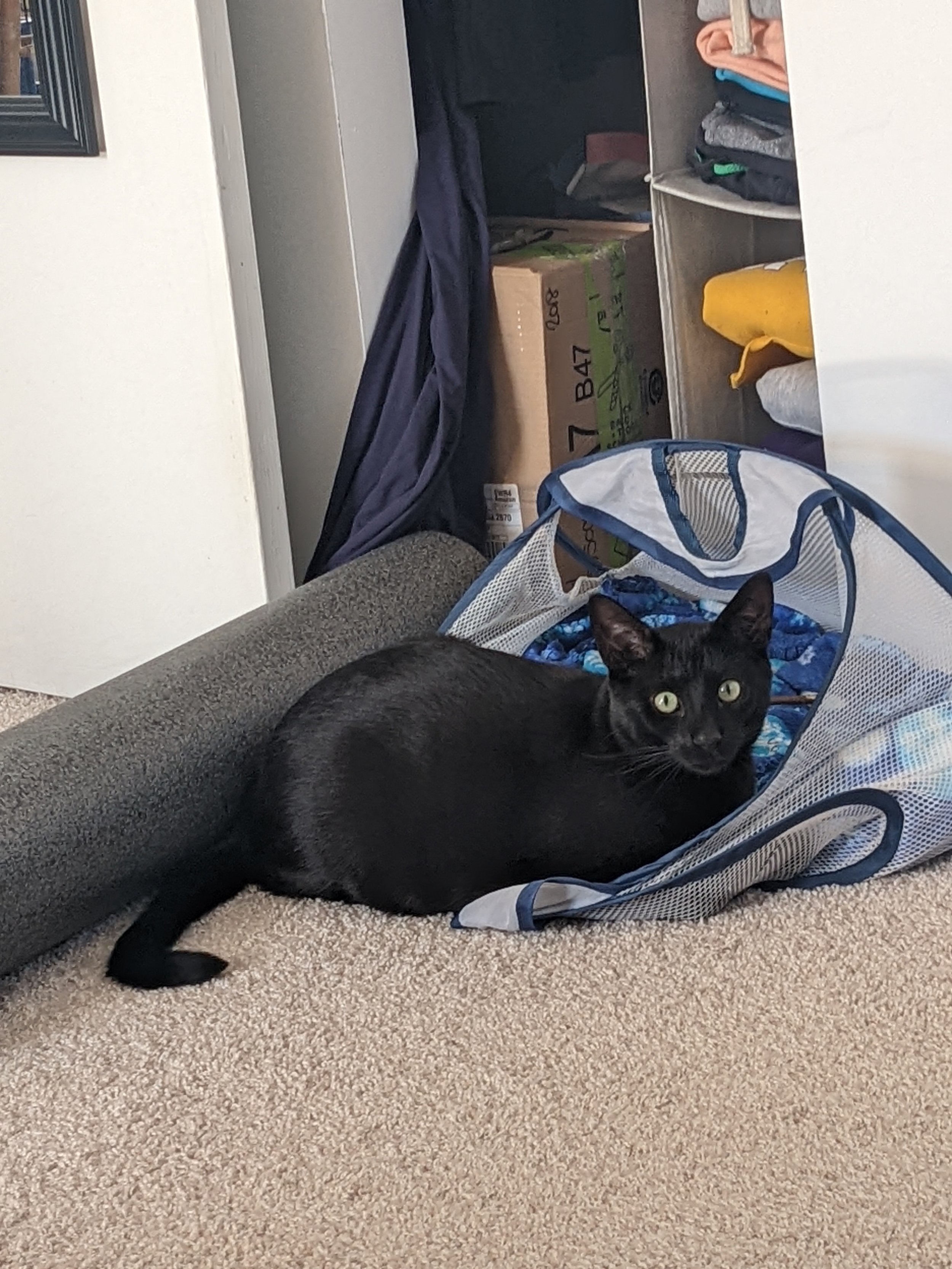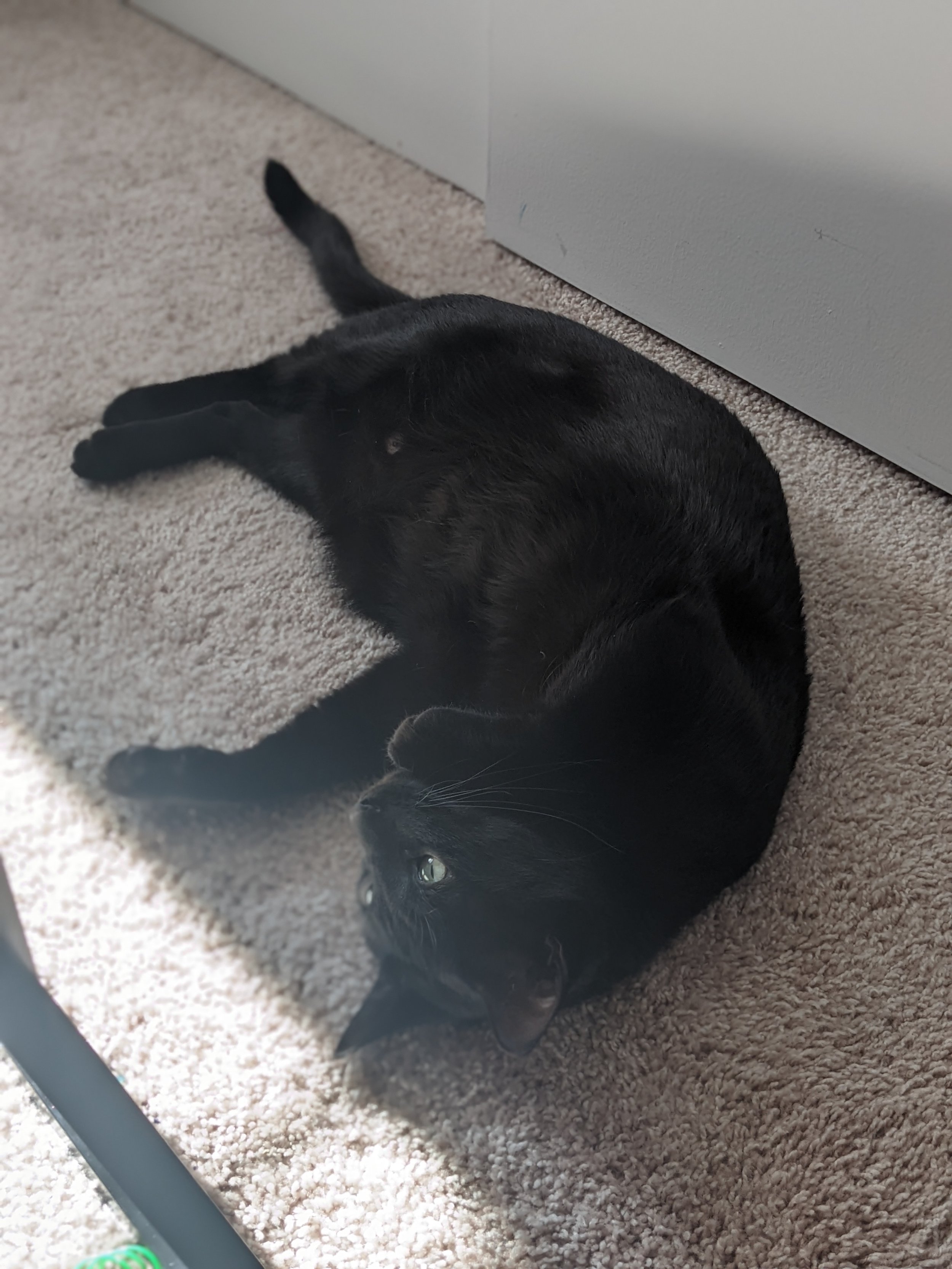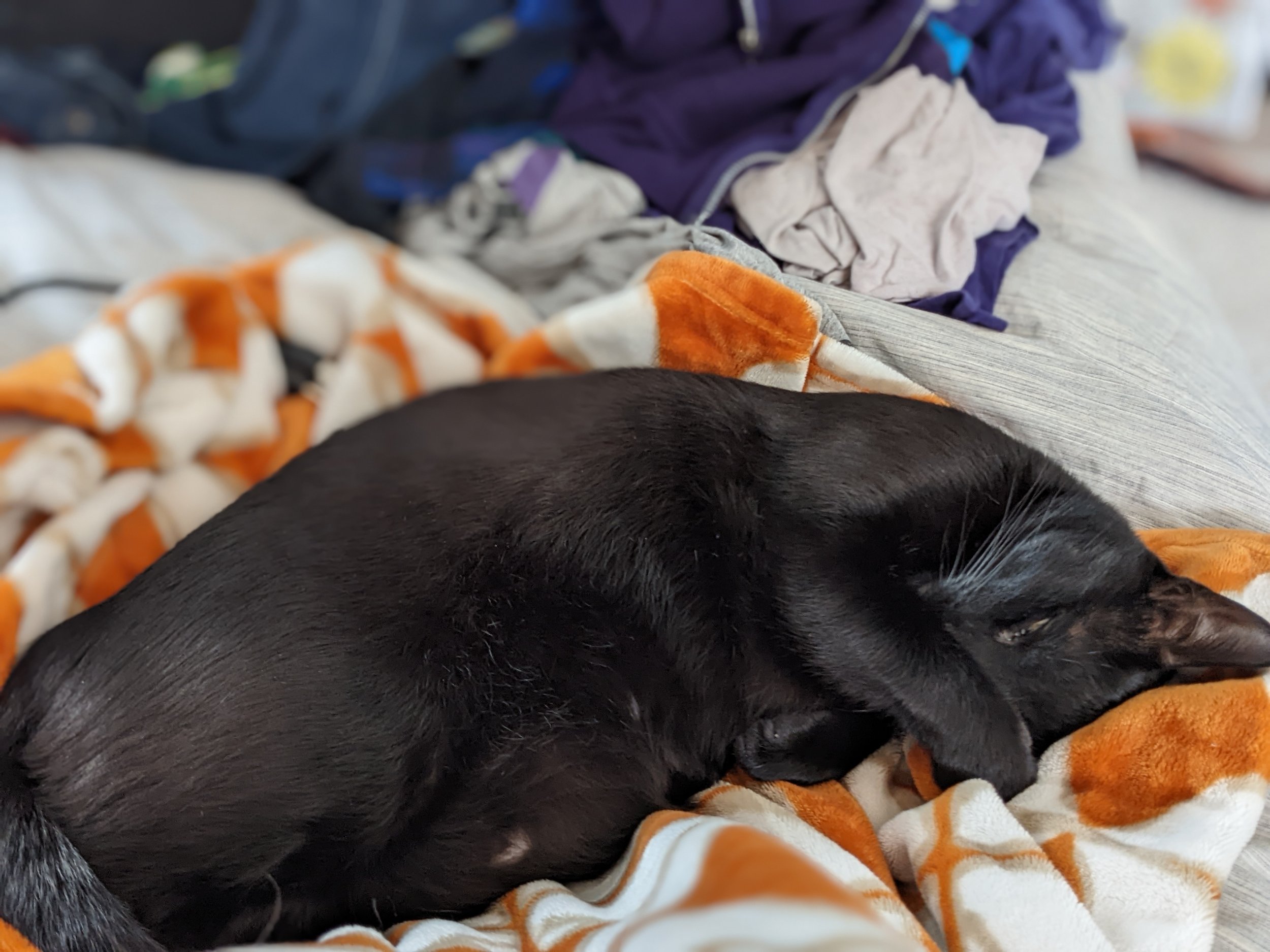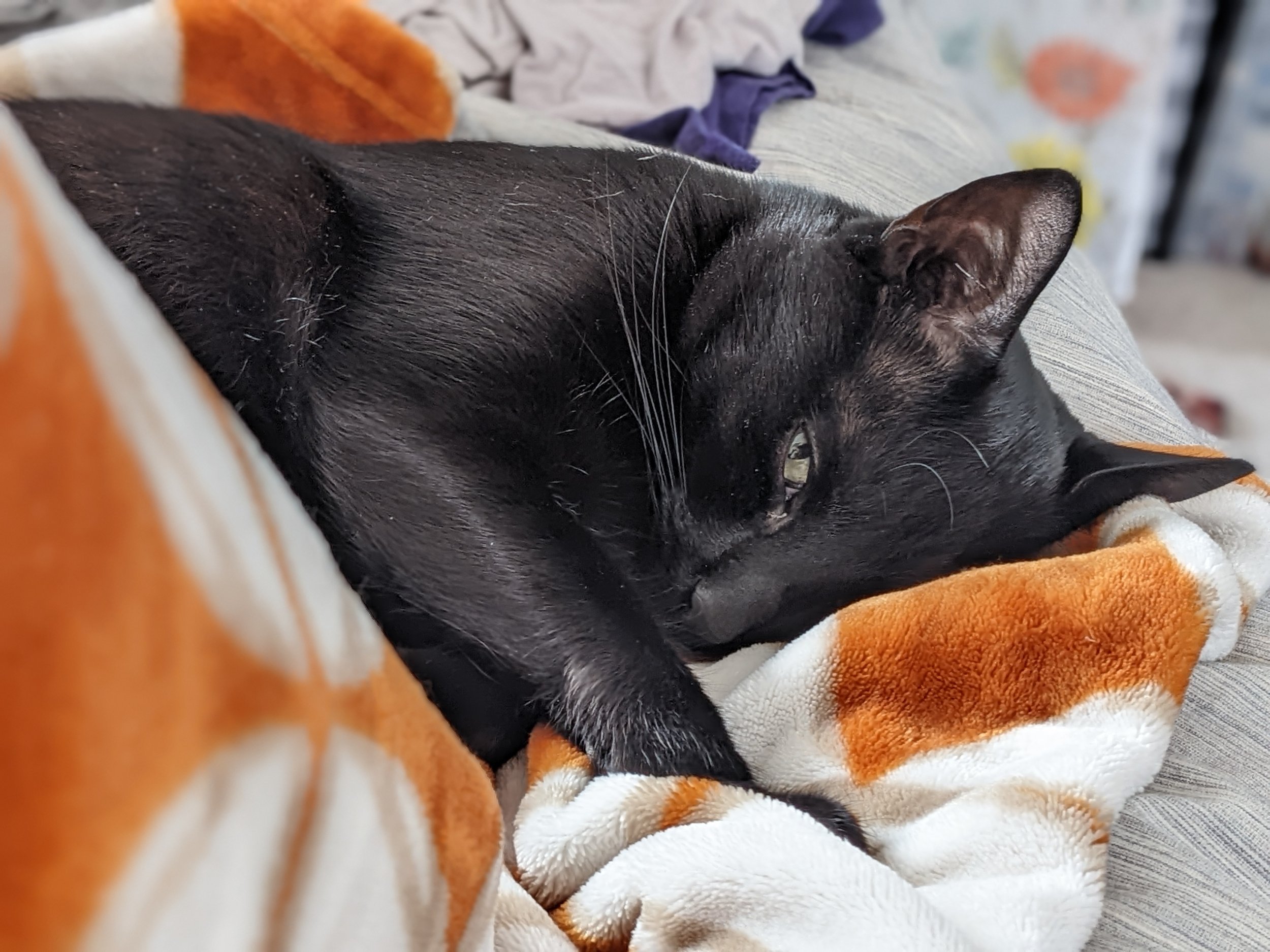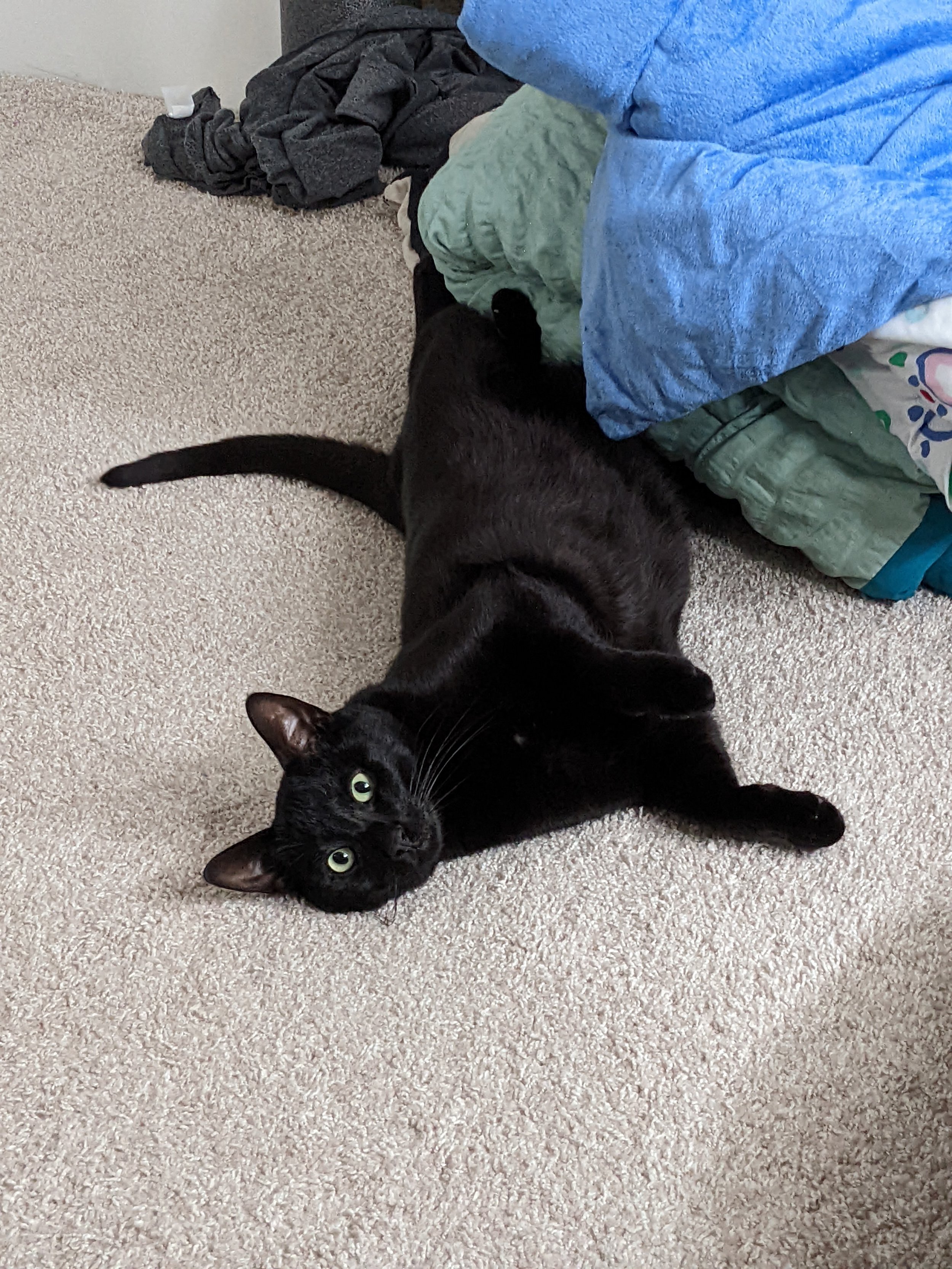Author’s note: Originally published July 27, 2016
This is a book that I read because I determined it was my duty to have done so. Having now completed it, I am glad to have consumed it, although I'll be perfectly honest with you: It took me awhile—even after its conclusion—to decide how I felt about it.
Vonnegut's prose here is at once smooth and inelegant, cut up by so many "So it goes"es that one almost wants to scream after awhile. This is, of course, half of the point of the novel, in some fashion or another. It took completing the novel and digesting the final lines for me to come to fully appreciate its nature, and I am not embarrassed in the least about this. I don't know what I was expecting, but what I got was not in the range of potentiality.
The brilliance of Slaughterhouse-Five is in its absolute mundanity, purely because of its subject matter. It is the carpet-bombing of Dresden and the rendered-insane man named Billy Pilgrim's life in and around it. The beauty of its frustrations are in that its great details are in the bits that seem not to matter, given the context.
Vonnegut shaves away at the focus of a scene until we are left with a very small detail, or conversation, or comment, and that in itself has equal chance of embodying a piece of the overarching trauma or being completely otherwise irrelevant. Vonnegut is a master of covering too-large topics by focusing down: you do not discuss the bombing; you instead illustrate the poor abused horses you rode back in on. You do not let on until the very end of the book that all of Billy Pilgrim's hallucinations about time and space travel and the aliens who abducted him were taken directly out of novels written by somebody else—and this you only mention quietly in passing, as if it were unimportant. Because, of course, it is.
Perhaps my favorite moment of Slaughterhouse-Five is the closing of the novel, which is so utterly anti-climactic that it has become the most perfect ending that I think I have ever read: The schoolteacher is executed. The soldiers are held in a stable. The doors are open because the war is over. Billy Pilgrim wanders out into a completely silent street with trees leafing out, not a vehicle in sight, save for an abandoned wagon drawn by two horses. And a bird said to Billy Pilgrim, "Poo-tee-weet?"
My excitement about this is difficult to quantify, but it is as I've said before: it is the pinnacle of the universe's indifference to humanity's struggles and conflict on both grand and individual scales. It is the universe throwing up its middle finger and saying "I really don't give a shit" about the end of a war, the cataclysmic events which have just happened to these people. It is the most beautiful, infuriating, perfect illustration of the way that life around us carries on, despite our own inability to do so.
Frankly, I am impressed by this novel. Even now, it feels weird to say I "liked" it when I was so constantly frustrated by it, but I definitely appreciate it. I appreciate the work that it does, the impact that it has had. I appreciate its layout and its very unapologetic plot and point. Mostly, I appreciate that it manages to do all of these things in such a truly mundane manner, which is all at once infuriating, hilarious, and moving. I appreciate that it covers trauma in this way because it speaks to my experience with trauma. If that means liking it, well, then I suppose I rather liked it a great deal.










